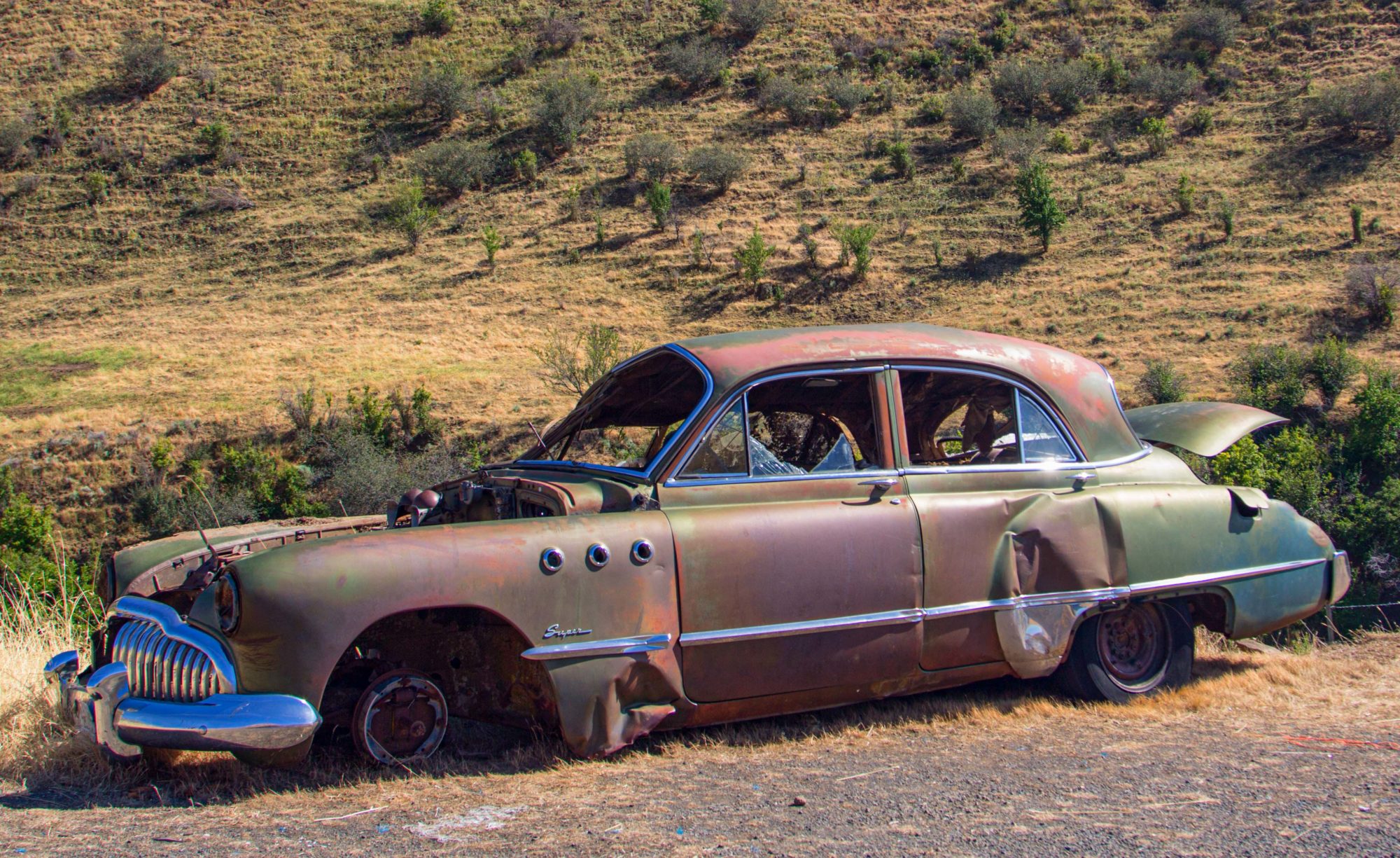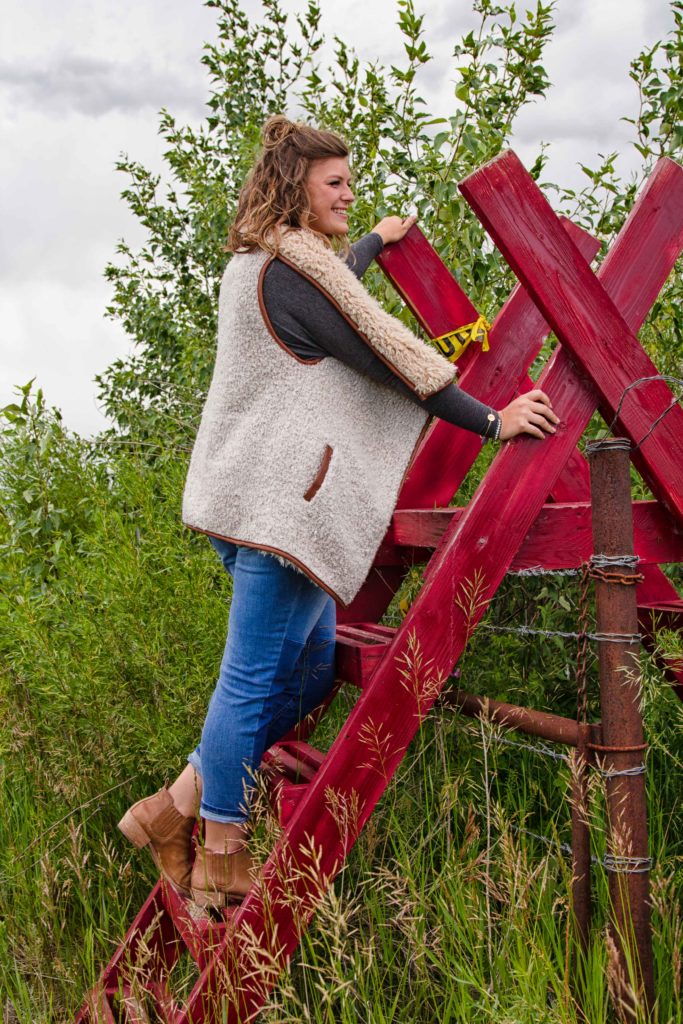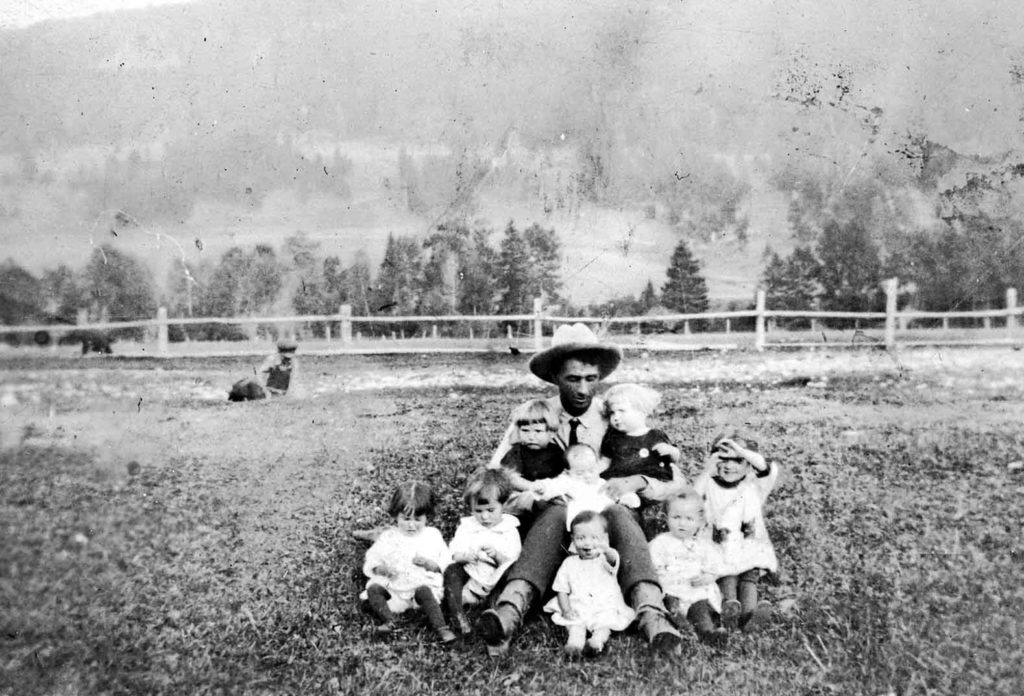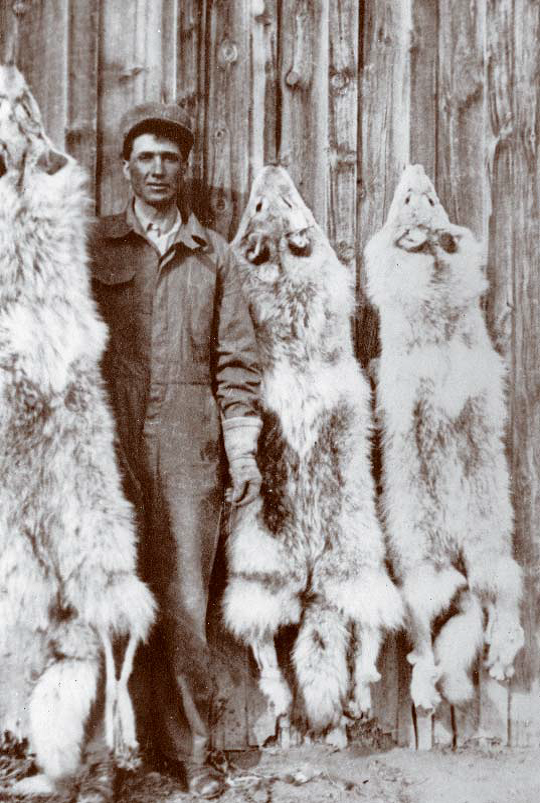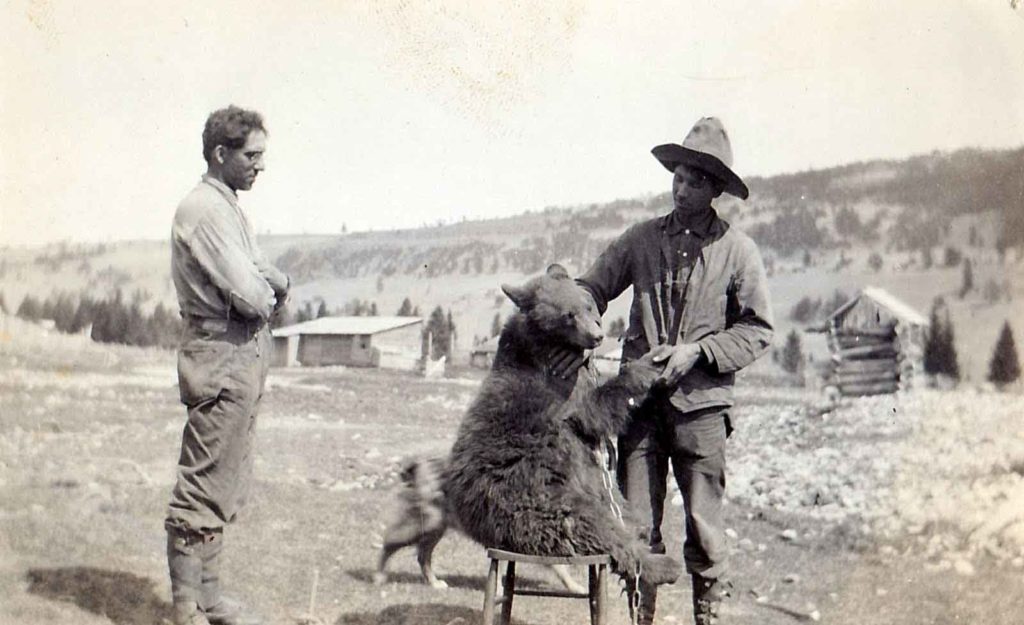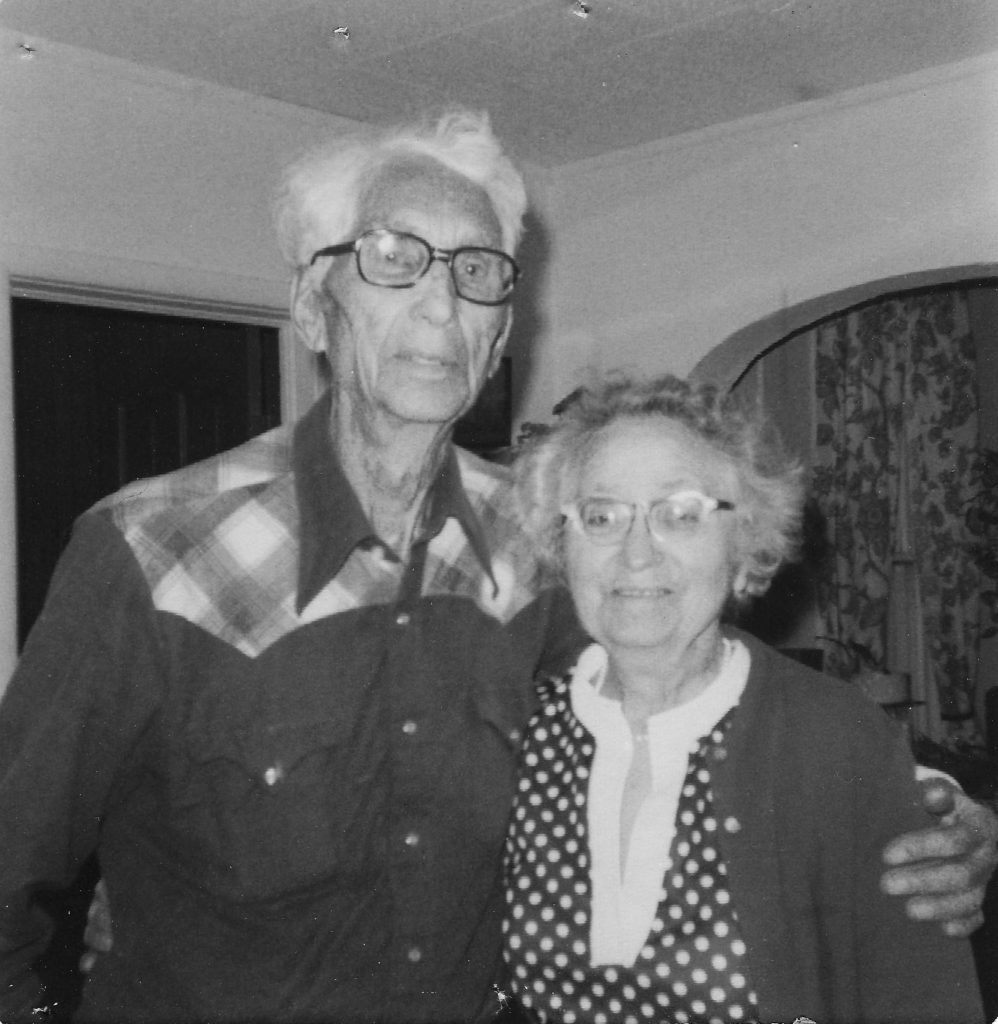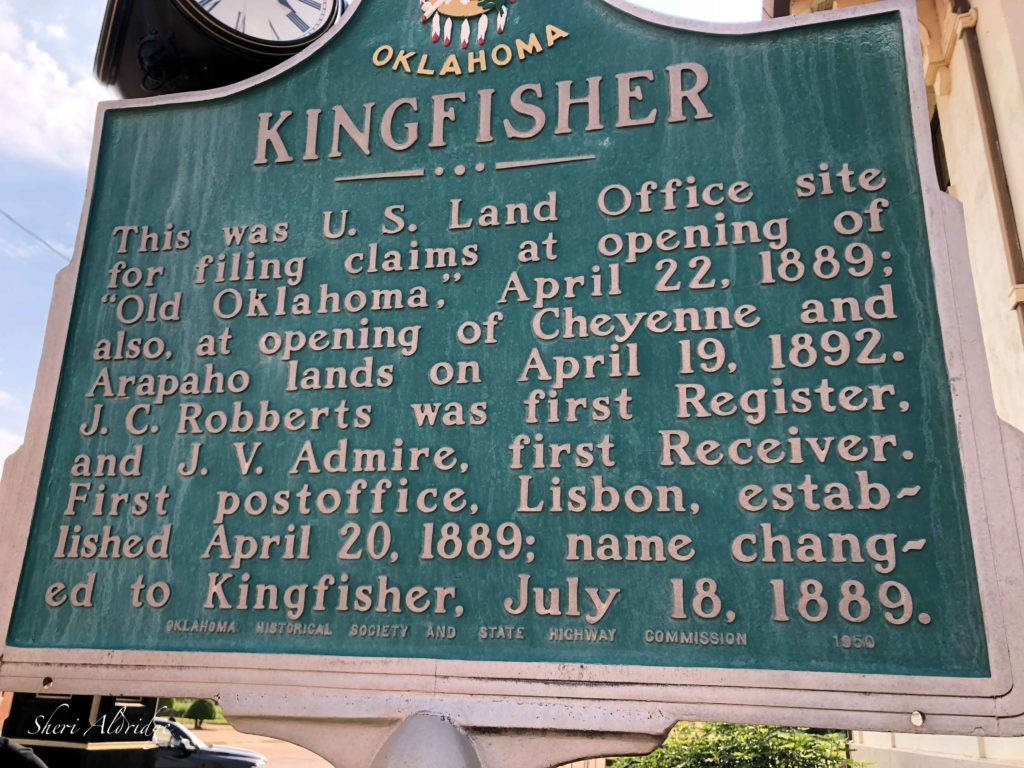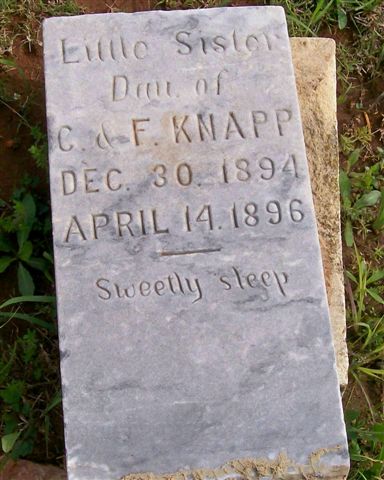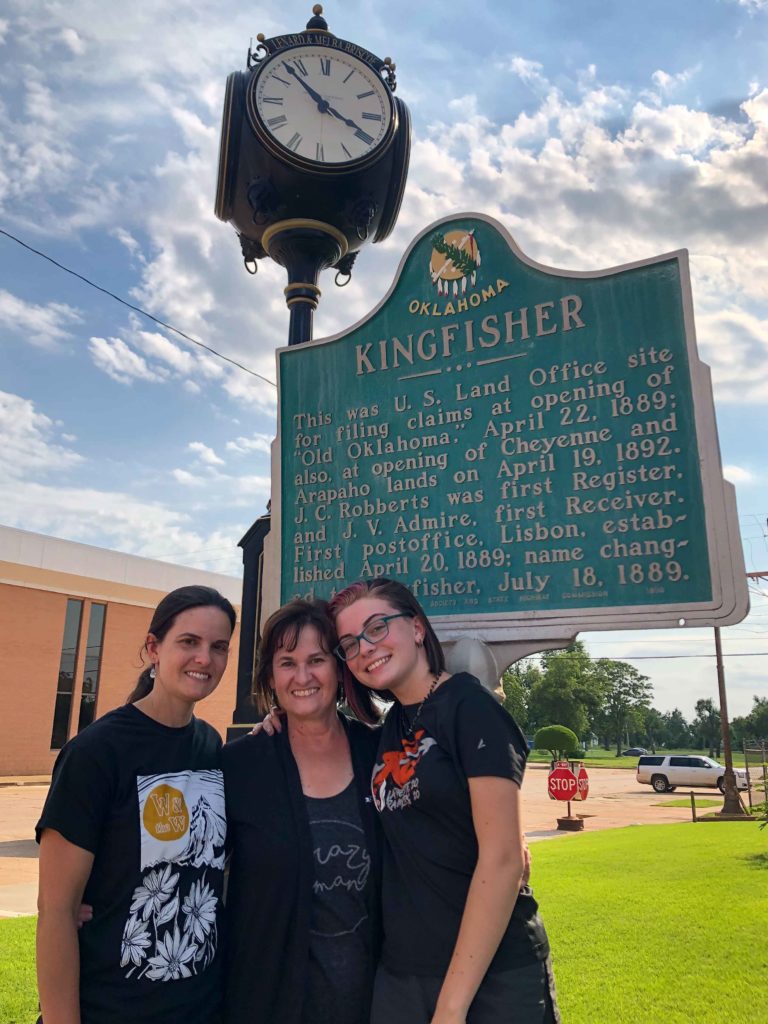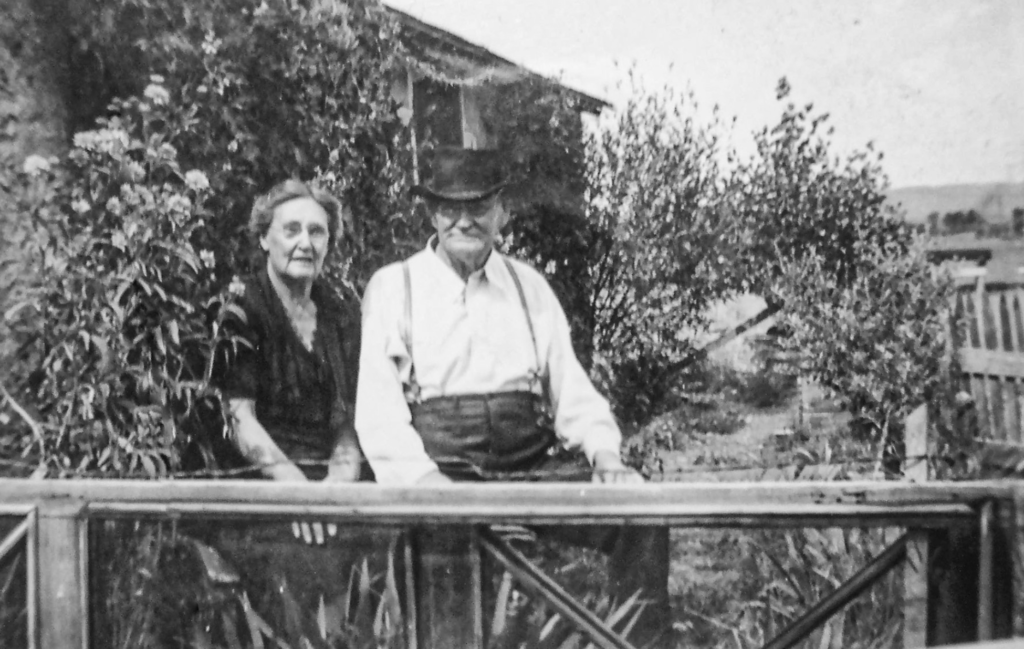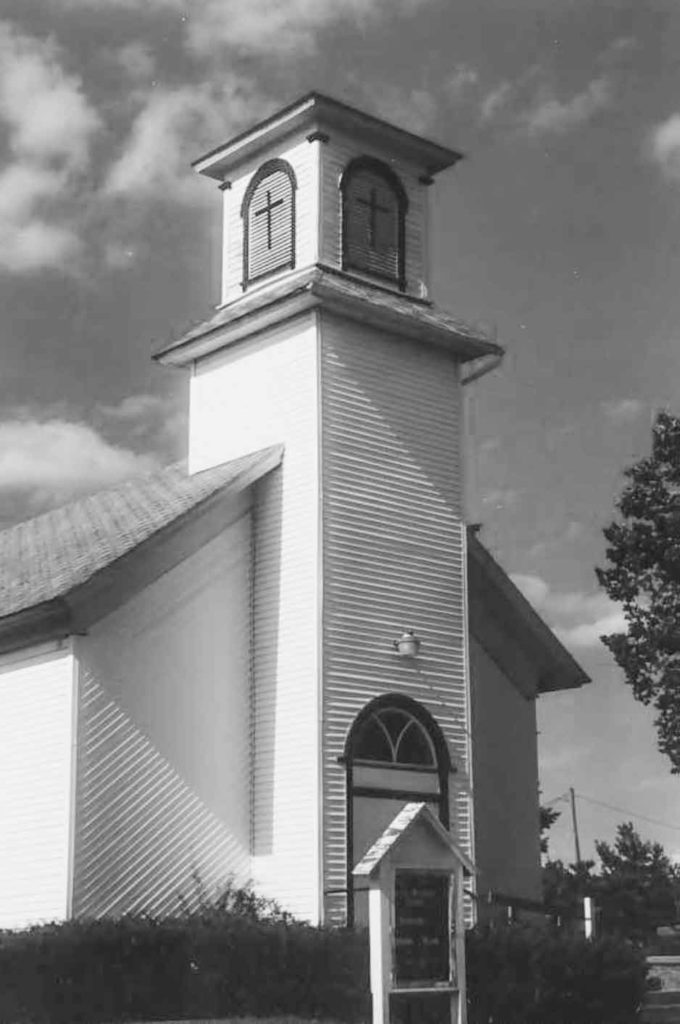After the accident that took the life of my mother and threatened to take my father’s as well, I was bombarded with a myriad of emotions and decisions. Life as I knew it changed in the blink of an eye. Along with the shock of the tragedy was the responsibility that followed. It was months before Daddy healed from his wounds and even then, he was ready to give up from time to time.
I tried not to borrow trouble, for each day has enough trouble of its own, but I did (and do) like to plan ahead. Thoughts rushed through my mind of situations I might face, and I wanted a plan of action in the event that happened. Though Daddy had not mentioned driving, one day, I said, “Daddy, if you want to drive again, we will go look for a car. It’s okay if you want to drive, but I don’t you going any further than our little town.” My brother brought one of his vehicles over but it just sat in the carport. Daddy never mentioned driving. (One of my previous thoughts had been, “What am I going to do if Daddy wants to drive and I have to hide his keys?”) I made Daddy’s appointments on my days off. For the ones not available on those days, I made other arrangements of transportation for him.
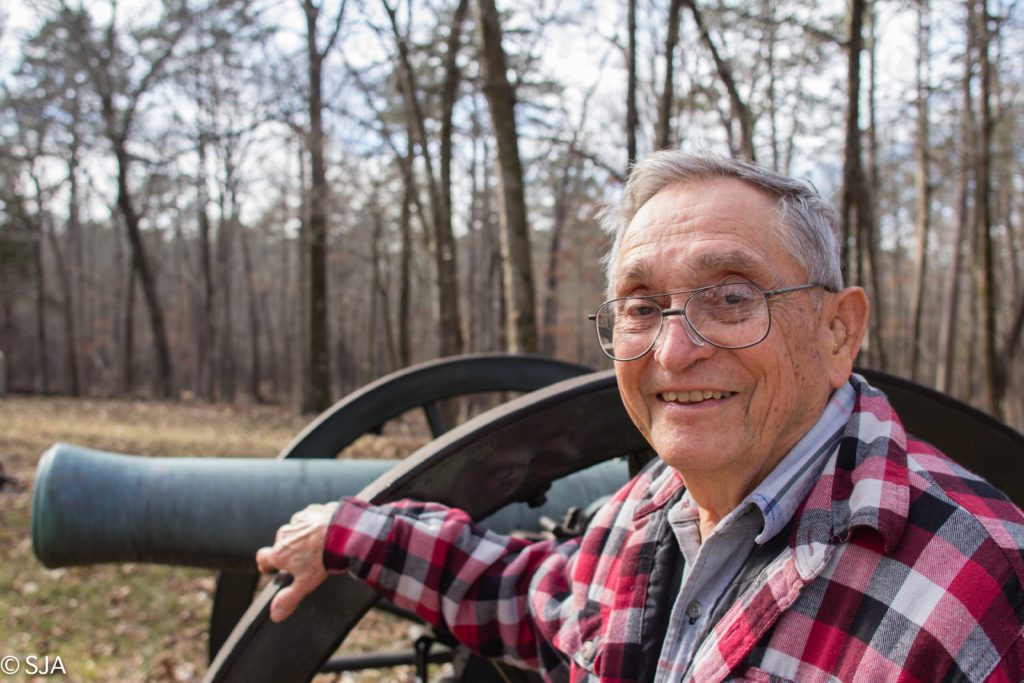
one of our outings
I pondered the situation, and his lack of desire to drive. A first thought might be that he was afraid to drive again, but I didn’t sense fear. It was then that I came to a conclusion. If Daddy drove, he would maintain a sense of independence, but what would he forfeit? Aha! That was the key! He didn’t want to be by himself. If someone else took him to appointments, to pastors’ meetings, out to eat, to visit, to the store, etc., he would have someone to talk to – someone to spend time with him. That was not a forfeiture but a blessing.
While working in a public office for many years, I saw customers come in, some on a daily basis, just to have coffee and chat with employees and other people coming through the doors. I received phone calls from customers who asked some insignificant question just to have someone to talk to. Often, someone asked the question, “Why do they come in every day and just hang around?”
If you run across someone like that, remember, they might just be a bit lonely, and just maybe, you might be the blessing.
Who knows? That might be you one day.
